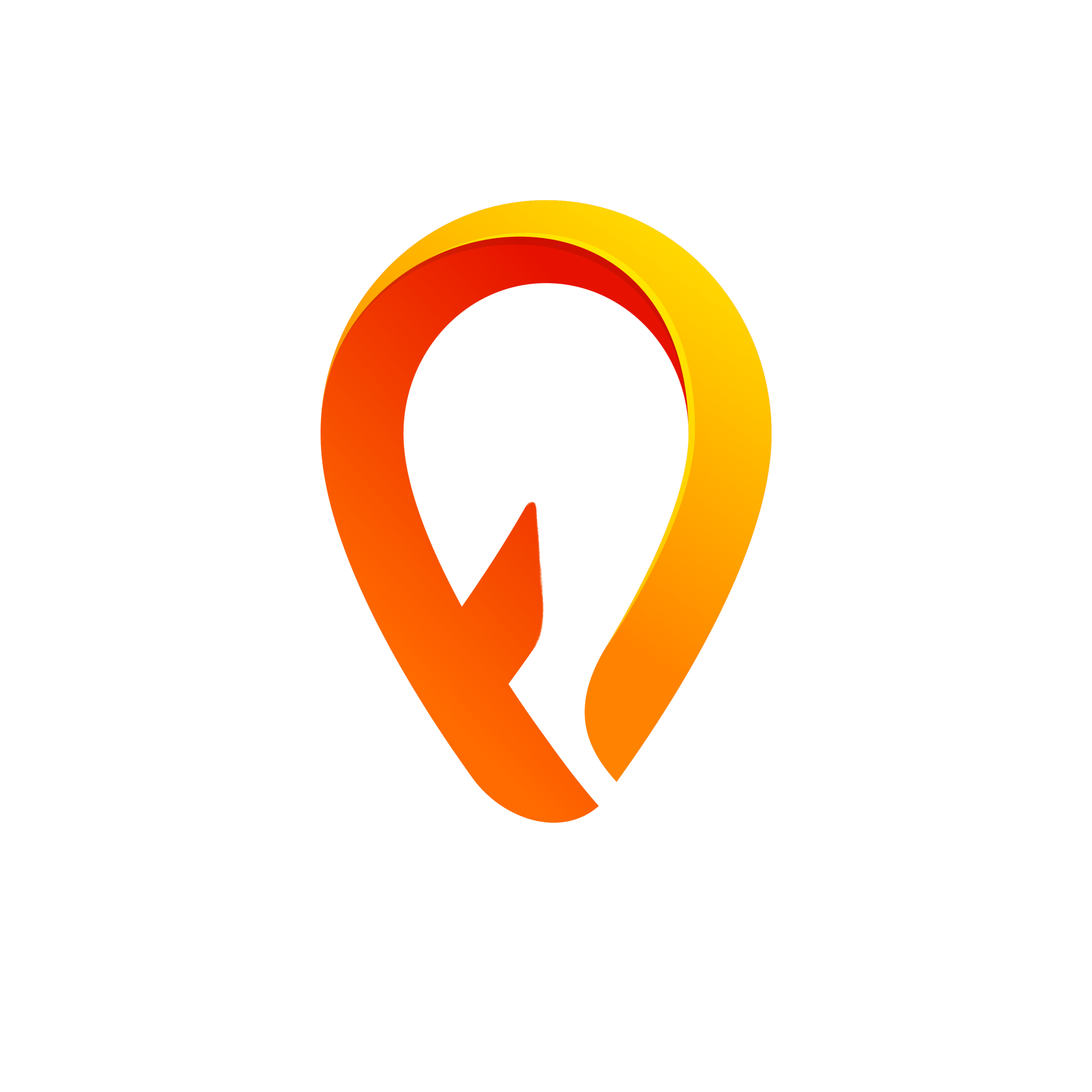A Patchwork of Data. Can Your Business Become the Stitching?
As it’s January and we are partly in the predictions business, at least around technology trends and how they might be understood to empower and improve business planning I was reading back through some articles I had written in the past.
I wrote the article below back in February 2017. Today Uber is still burning cash at an alarming rate but the point I’m trying to make around that it is that as more of our data is made available by or harvested from us that new applications that ‘read’ our personal preferences will help us make decisions or make decisions for us.
Advances in edge computing which allow greater distribution of applications and data stores combined with Blockchain technology and it’s real use in storing immutable data chains and histories of transactions will enable the growth of services personalised to us, items and events.
The data becomes a product in a greater way than simply as a marketing tool as it will enable applications to draw on much greater amounts of information than they hold as individual silos which will enable those companies that develop into this “edge” between them significant power of influence over new ways of finding and retaining customers or doing business. It’s early days yet but I believe the Matrix will be closer to reality by the time we enter 2020.
Can Uber Survive? — The Democratisation of Code Might Cut Them Down
Uber is burning money faster than it’s growing revenues. As reported in this comprehensive FT article back in early December Isabella Kaminska dissects the finances and focuses on Uber’s efforts to lobby governments for subsidies. Isabella argues that the only way Uber can ultimately prosper in many markets is if the taxpayer picks up the bill and Uber becomes subsidised public transport through it’s administration of autonomous vehicles. It’s a big bet but I doubt Travis Kalanick cares quite as much as he might now he’s uber wealthy and all of the risk is borne by his investors.
https://ftalphaville.ft.com/2016/12/01/2180647/the-taxi-unicorns-new-clothes/
As well as the taxpayer potentially refusing to play ball I predict a new technology led threat to Uber’s ambitions, ironically itself enabled by Uber’s explosive growth in cities such as London and across the planet. What Uber have done amazingly well is to recruit a massive number of drivers to enter the private hire market or switch from minicab companies to them. If you walk around London on a Friday night every other vehicle is seemingly an Uber. The streets are jammed with them and the view is the same from New York to Prague.
But Uber’s platform isn’t unique in it’s abilities and much of it is replicable. GPS and Google Maps is available to any developer. Payment platforms are everywhere and geo location is easy. Uber just has all of the drivers as it’s currently the dominant platform.
The danger to Uber though is that none of the drivers have to exclusively use them. Without making them employees which they are fighting against on every front they can’t control their workforce. They are also trying to squeeze the drivers pay to try and stem their cash burn.
At the same time so many more software applications and technologies are being worked on by open source projects and AI is becoming more widespread. It’s cheap to start a small platform or build a cooperative application.
All an Uber customer wants is a safe ride at the touch of a screen. All the drivers want is customers and to be able to make a higher living wage. Uber is currently charging 25% of the ride fee (UK) and winning customers by subsidising the fares downward. This isn’t popular among any drivers I’ve surveyed and like us all they would prefer to earn more.
As development becomes easier and applications communicate better what’s to stop groups of drivers migrating to alternate platforms that then start to communicate with each other?
If you had an app on your phone that instead of Uber did the same thing but you knew the drivers algorithms controlled the process so they kept more profit maybe you would use it? Imagine an algorithmically managed network that connected all the driver sub groups together like cotton squares in a patchwork quilt? It might start small and in multiple unconnected locations but the costs of entry to build the beginnings of such a network aren’t past a couple of motivated engineers any more.
Uber is banking on speed to win but it’s only real strength now is its massive fleet. It’s platform is replicable on a small and connected larger scale by others. If sections of Uber’s drivers or other interests start to look for ways to regain financial control that massive fleet could make it vulnerable to being invaded and overwritten from the drivers up.
The next generation of apps will do more thinking for you. Why do you need to make a conscious decision to choose to use Uber or Lyft or another driver app? Your personal AI software could make that decision for you subject to your preferences. Are you someone who feels that drivers deserve a better deal or feel that Silicon Valley companies shouldn’t be lobbying for tax payers money? Would you rather keep someone else in a job or don’t you mind that they may all be jobless and replaced with autonomous cars? If you care about any of those things maybe in a year or two your phone will make the decision for you by aligning with your world view and without you spending more or even noticing any difference in your experience.
Tristan Palmer
